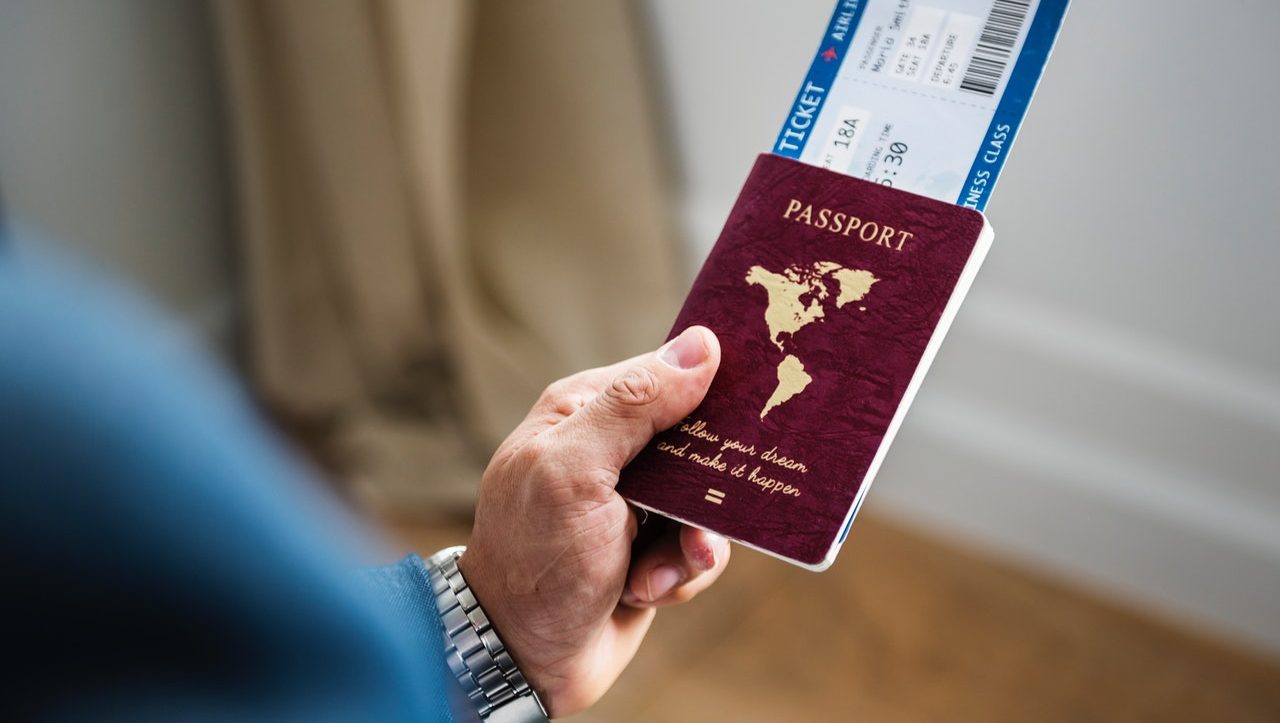
You probably have heard of diplomatic passports, carried by a seemingly special tribe of people called diplomats. Some might say that diplomatic passports allow you to travel the world with need for a visa and make you untouchable by the police. Carrying a diplomatic passports does indeed sound quite fancy and evoke an image of special status. However, there is a gap between this dashing diplomat zipping through immigration lines to attend a cocktail party and realities of the advantages a diplomatic passport.
As a diplomatic passport holder myself, and a Foreign Service Officer, or what most people would call a diplomat, I will be able to give some first-hand insight to what seems to be the nebulous realm of diplomatic passports. Are there advantages of carrying a diplomatic passport? What are they?
Before even diving into what are the perks of diplomatic passport are, let’s set some ground. A diplomatic passport does not automatically mean that the holder has diplomatic immunity. Diplomatic immunity, which in itself has different levels, is specific form of legal protection which ensures diplomats will be able to carry out their functions abroad without fear of persecution, arrest, detention, suit and other similar threats. People with diplomatic immunity will have diplomatic passports though to signify this. But not all those with diplomatic passports will have diplomatic immunity.
Diplomatic passports are also not carried solely by diplomats and people who work in embassies and consulates (read: what’s the difference between an embassy and consulate), but typically also by other very high government officials, such as presidents of countries, vice presidents, high-ranking legislators and the like.
The most common advantage attributed to a diplomatic passports is its supposed power let you zip through an immigration line. I’ll get right to that…
But at this point, enter official passports. Official passports are special passports which are given typically to personnel in an embassy or consulate who don’t qualify for diplomatic passports and government employees who are on government work, such as attending a meeting or conference overseas. Don’t let the word “official” confuse you. Of course every passport is an official government document, but “official passports” like diplomatic passports, are distinct from regular passports. For the purpose of special lanes at airports and visa privileges, official passports and diplomatic passports often have the same advantages.
Some international airports, as I mentioned in this interview, will have special lanes or counters which are reserved for diplomatic and official passports, and other special cases, such as those with APEC Business Travel Cards or ABTCs. You’ve probably seen some of these immigration counters at airports if you’ve done some traveling. It is true that often lines are these lanes are shorter. That is admittedly a good perk, when you’re all beat up from a long, cramp flight.
But this isn’t purely for courtesy or expediency. Lining up at the lane reserved for diplomatic and official passport holders will help the immigration officer assess the traveler’s eligibility to enter, since there sometimes are different rules or agreements between countries for the entry of people carrying diplomatic and official passports.
For example, a Filipino would normally need a visa to enter China, and a Chinese citizen would normally need to visa to enter the Philippines. However, the Philippine and China have a bilateral agreement (or an agreement between two countries) to allow entry without a visa to each other’s citizens who are carrying diplomatic and official passports. There are a big number of these special agreements which apply to diplomatic and official passport holders between countries. I can imagine that having a separate queue for travellers who fall under these categories helps minimise mistakes.
With regard to airports, I do note that I have been in and heard of some airports where holders of diplomatic passports are exempted from at least one baggage search on exit. I haven’t yet been at an airport where diplomatic passport will automatically exempt you and your baggage from all searches, and if there is one, I’d be interested to hear more about it.
Do holders of diplomatic and official passports have an easier time getting visas?
In many cases they do. As mentioned, a diplomatic and official passport in some cases may be exempted from applying for a visa while holders of regular visas are not. In the cases where you do apply for a visa a diplomatic and official passports, there is often the assumption that you are applying for an official or work-related function. There usually will be less requirements than if a regular passport holder applies. However, because there is an assumption that the diplomatic or official passport will be used for work, that means that usually a diplomatic note, called a note verbale, is usually needed when you apply officially endorsing the visa application.
It is true that often the visa fee for diplomatic and official passports is free or gratis. But hey, it’s for work.
That brings me to my next point that diplomatic and official passports are normally only used for government work. That would mean it’s typical for one who holds a diplomatic or official passport to also have a regular passport which he uses for personal travels, such as visiting friends or relatives or going on private trips abroad.
Just because a passport is diplomatic or official though doesn’t mean that the embassy or consulate will automatically issue you a visa. Just like a regular passport, they can also deny issuing you a visa if they see it within their national interest.
So to sum it up, diplomatic and official passports are also more of a utility. They help you to get through immigration counters and with visa processes, since you’re representing your country in a working capacity.